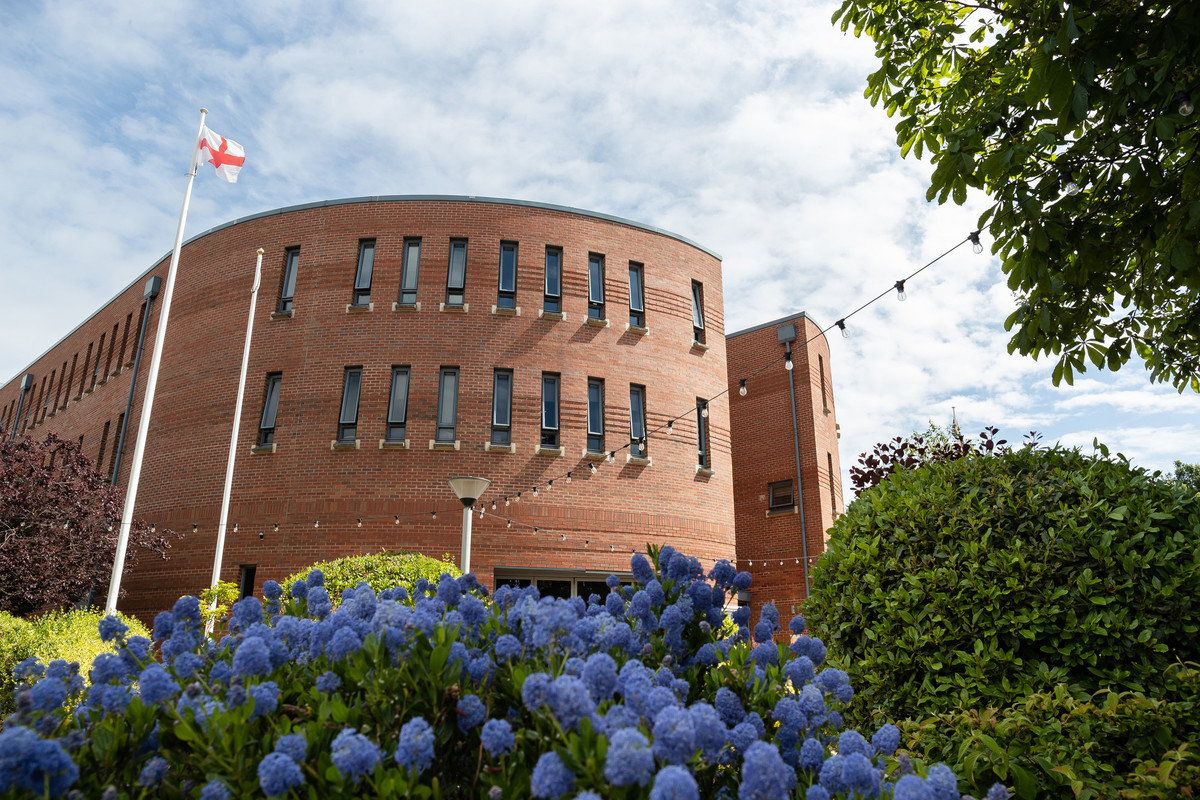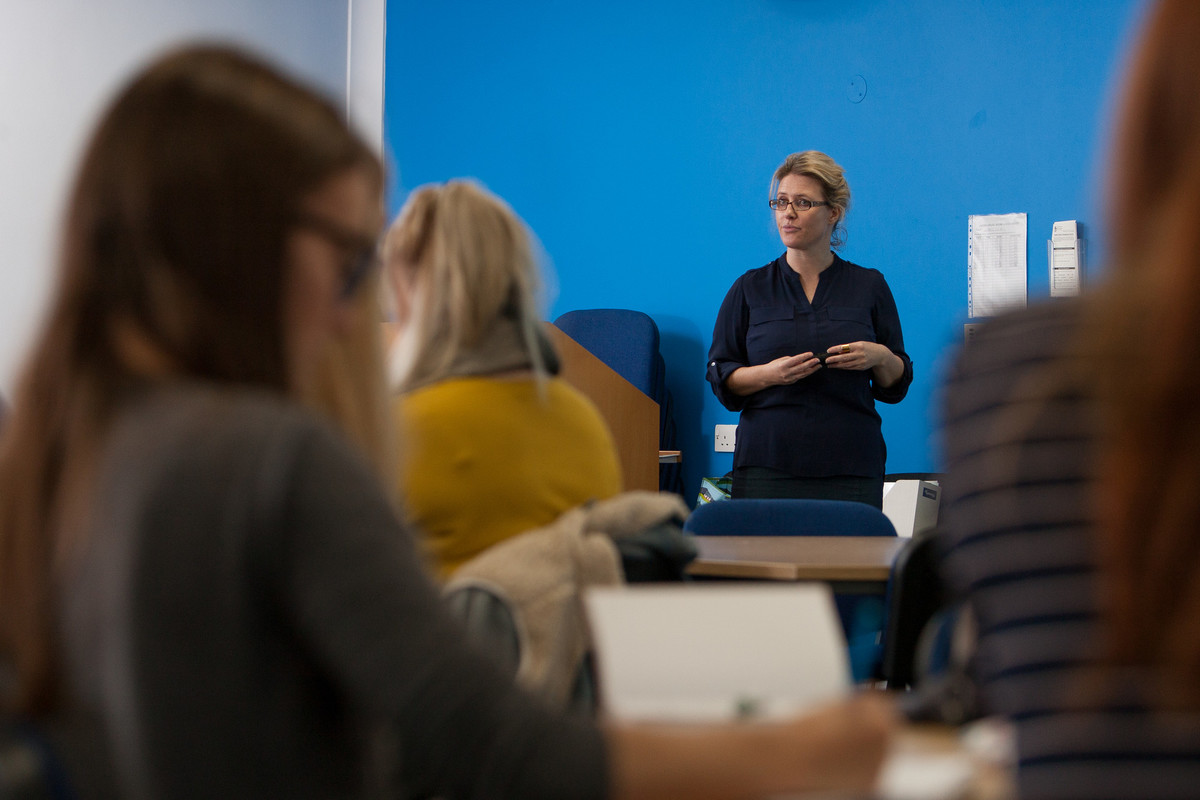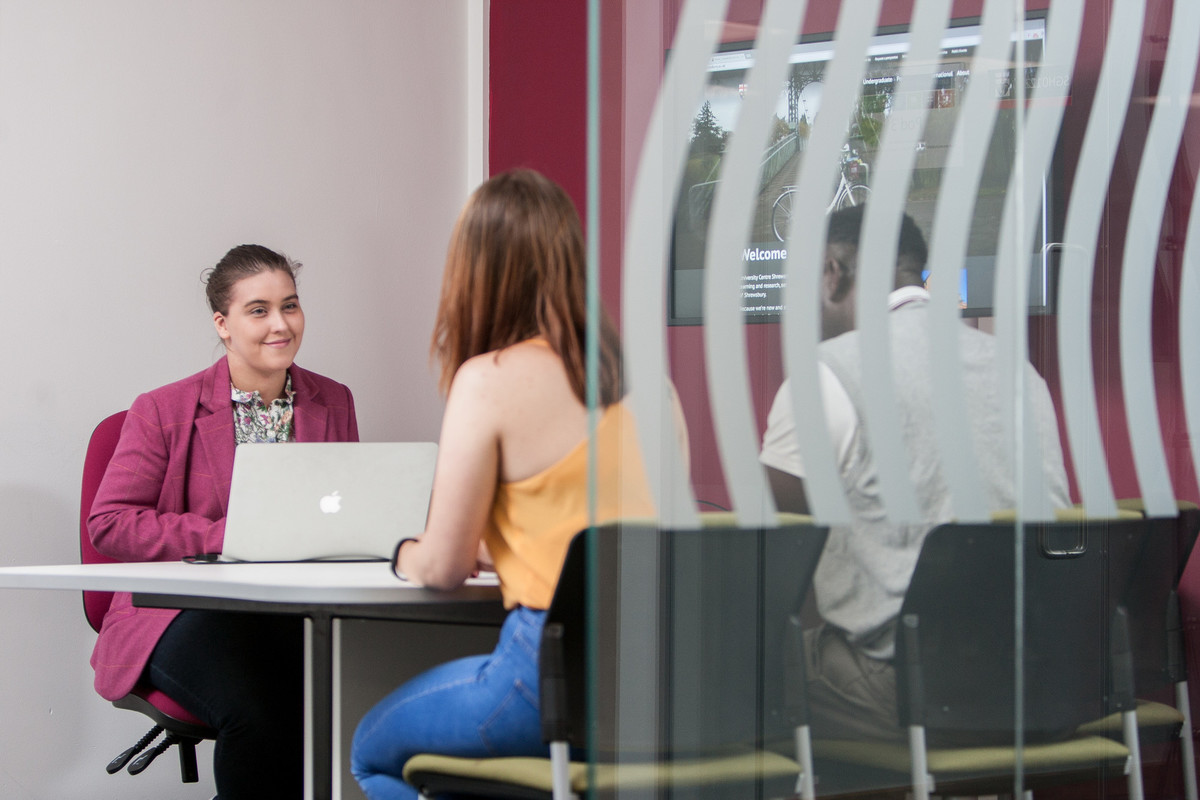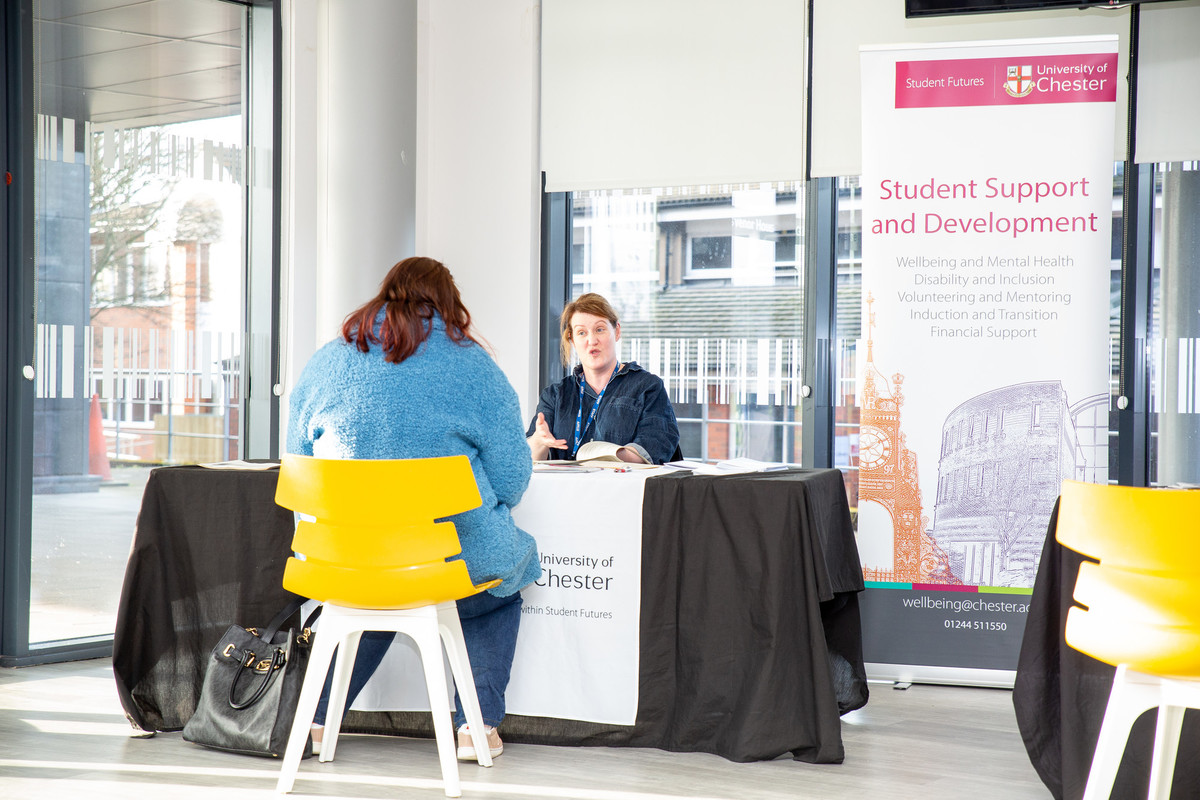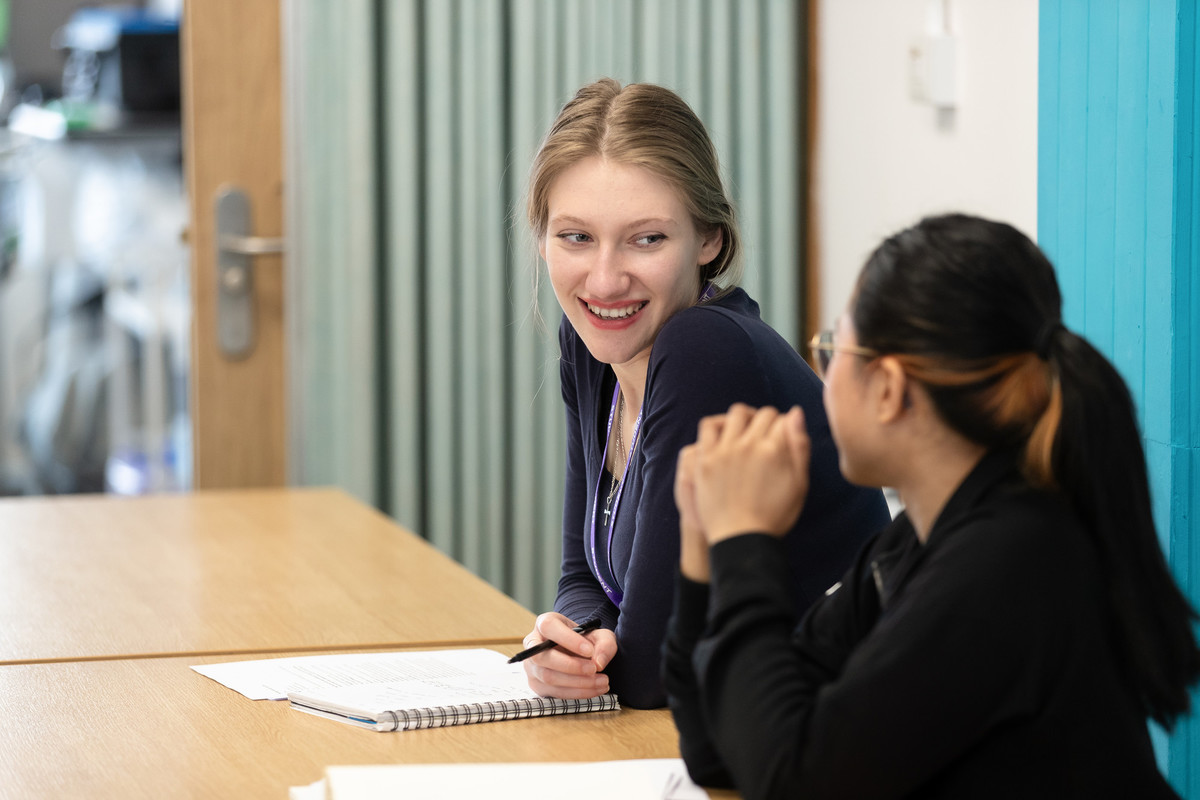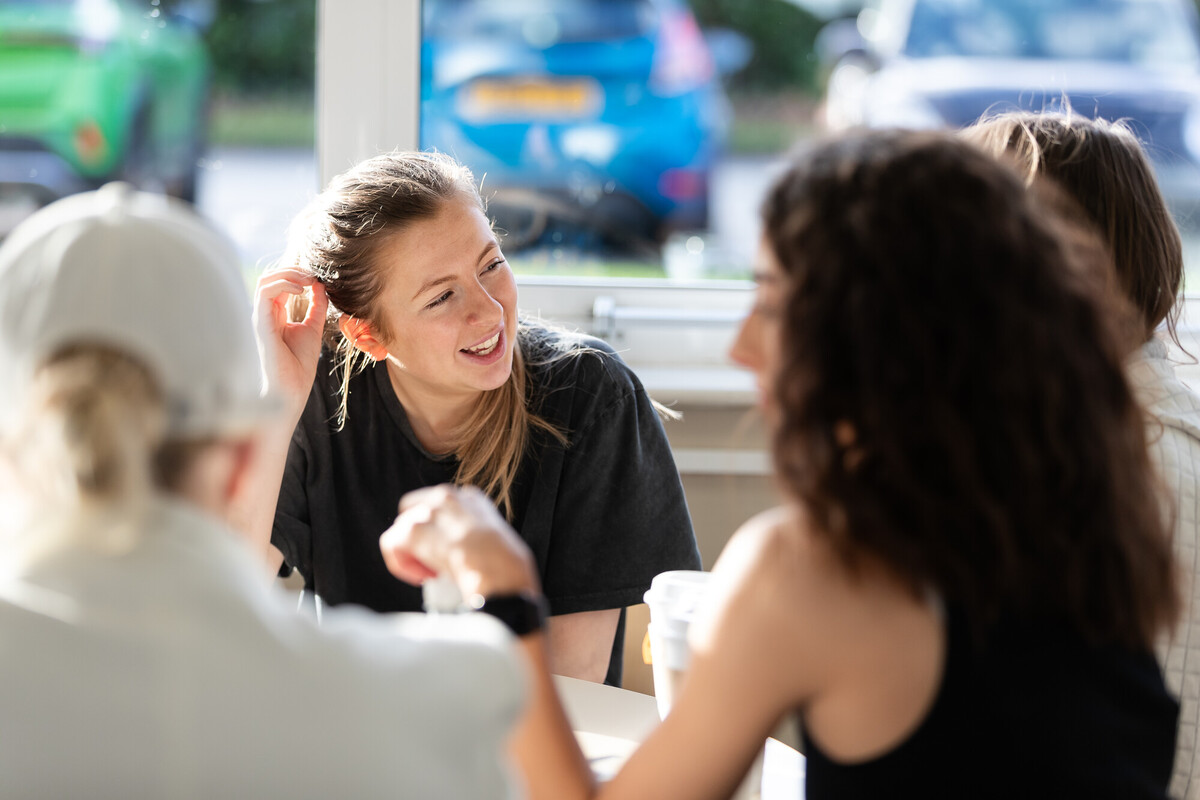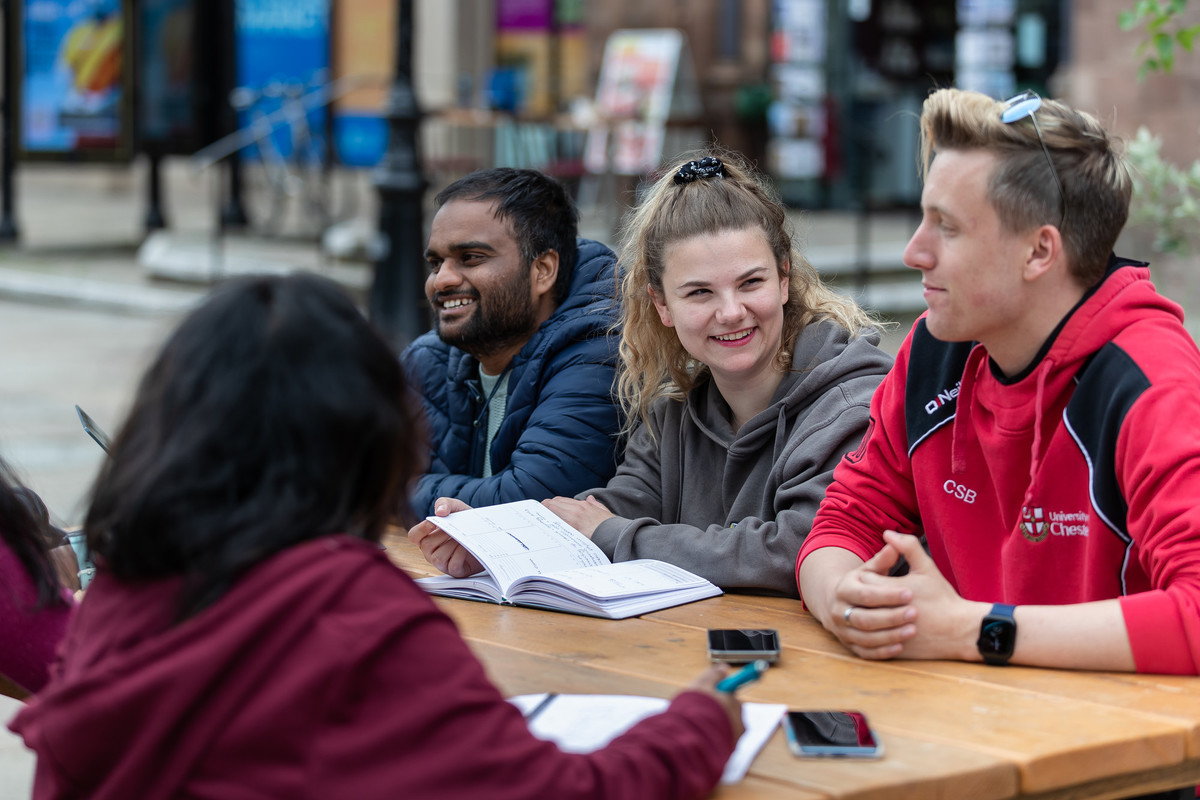Autism Toolkit

Parents and Guardians of Autistic Children
Supporting your child as they transition to university
Autistic students report that the most challenging aspect of university life relates to the practical issues of leaving home, rather than the academic study itself. The experience can be described as a “culture shock” (Cage and Howe, 2020).
“I would be leaving home and moving away from everything and everyone I knew.” (Bella, 21, ambitious about autism, 2018).
The move to university can be a daunting time both for your child, and yourself. However, there are steps that you can take to make this process easier. Proactive steps to avoid a crisis are always better than reactive steps, once students start to struggle.
In response to asking how students could best be supported in getting to university and college (Beardon and Edmonds, 2007), students highlighted the following areas that would have helped them:
- Help with enrolment so that crowds can be avoided.
- Training to use public transport before attending university.
- The structure and routine of university life being explained prior to starting course.
- Explanation and help with finances.
- Knowing where important areas such as lecture theatres are before commencing study.
A key challenge of university life is its integral difference to previously experienced student environments. Independent student is a large part of student life. Additionally:
“University is so much more unstructured than high school., and therefore it is very much what you make of it.” (Beardon and Edmonds, 2007), p. 162.
An important element of preparing your child for university is challenging expectations. Do they have a realistic perception of university life (Cage and Howes, 2020)?
“I wasn’t really thinking about everything that was going to be happening and so although I turned up, I really hadn’t put much thought into it.” (Harry, Cage and Howes, 2020, p. 1670).
According to Beardon (2021), not having a clear comprehension of what university life is likely to be like, is frequently at the root of anxiety. He recommends anticipatory planning such as opportunities to try out aspects of university life. Suggestions such as visiting a sibling at university or attending public lectures at university can help to “de-mystify the abstract notion of what the future holds” (Beardon, 2021, p.115).
He stresses working out where an autistic students’ strengths and weakness lie in terms of independent living skills. Additionally, he is adamant that there is:
“…no shame in seeking support for the parts of your life that you feel less confident in, while utilizing your strengths elsewhere.” (Beardon, 2021, p118).
In short, in terms of helping you child transition to life at university, preparation, challenging perceptions and making the ambiguous aspects clearer ahead of study go a long way.
Tips to help your child
- Practice runs on transport: If your child will be commuting, help them complete a number of practices runs on their chosen mode of transport.
- Independent living skills: If your child will be moving away from home, support them with developing independent living skills such as cleaning and doing laundry – they can practice this at home.
- Cooking/Shopping lists and budgets: If your child will be moving away from home, help them learn some simple recipes and prepare simple shopping lists. Discuss a weekly shopping budget.
- Structure & Routine: Your child can practice getting into a routine prior to University starting. They may wish to get used to setting early morning alarms etc. Your child may have spoken to their academic department during open/experience days and have an idea of what to expect. If they do not yet know what to expect, encourage them to reach out to their academic department to have a conversation about this.
- Be aware of the available support: This toolkit outlines support available for your Child, ensure your Child also knows the support available to them and encourage them to reach out if they begin to feel overwhelmed.
Consent
As your child will be over the age of 18 when they begin University, we will not be able to communicate with you about your Child’s support unless they have provided us with written consent to do so.
Have a discussion with your Child about how much they would like to you/need you to be involved in their support. We have a consent to share information form that your Child can complete if they wish to provide the Disability & Inclusion team with consent to speak to you. A Disability Support Officer will discuss the consent form with your child during their initial appointment. Consent can be given and withdrawn at any time.
Accommodation
The University of Chester has a range of accommodation types to suit your needs, ranging from standard rooms, en-suite rooms, accessible rooms, self-contained rooms, and quieter accommodation blocks.
The Disability and Inclusion Team can support with a number of accommodation requirements for applicants and current students. For example; if you require an en-suite, a studio apartment or a quieter accommodation block.
Please contact Disability and Inclusion via email at studentservices@chester.ac.uk if you have specific accommodation requirements. We would require up to date medical evidence that confirms your diagnosis and the reason for your request.
If appropriate, we can support your request for your preference accommodation. Whereas we cannot guarantee your accommodation choice, our support would give you priority for your preference.
Accommodation subsidy
If, as a result of your disability, you will incur additional accommodation costs, you may be eligible for an accommodation subsidy.
To be eligible for this subsidy, you must provide robust medical evidence of a disability related need to reside in a specific accommodation type.
The subsidy would look to cover the difference in cost between your required accommodation type and a standard accommodation type.
You can discuss this with a Disability Support Officer and send any requests and evidence to studentservices@chester.ac.uk.
Pros and cons
There are many positives to moving into university accommodation, however, there may also be some challenges associated with this.
Positives:
- Gaining a sense of independence
- Experiencing living away from home
- Being closer to your lectures
- Being closer to the Social Union activities and other University facilities e.g. library and gym
- Making new friends
- Increased access to social activities
- Developing key skills in living independently
Potential Challenges:
- Money management and budgeting for accommodation/living costs
- Staying on top of the cleaning and washing
- Shopping and cooking for yourself (if you are self-catered)
- Sharing facilities such as a kitchen (in self-catered accommodation)
- Being responsible for getting up on time for lectures
- May be noisier than you are used to at home.
The Disability and Inclusion team may be able to support you with some of the potential challenges e.g. discussing your accommodation requirements with you so that you are offered the most appropriate accommodation type for your needs. You may also wish to start practicing at home by setting alarms to wake yourself up, cooking and cleaning for yourself and washing your own clothes.
Transition Support
Bespoke Transition
The Disability and Inclusion Team can arrange for you to speak / meet with your department in advance of starting your studies. This will help support with familiarisation of the campus and academic staff prior to starting the course. This can be arranged following discussions with a Disability Support Officer if required.
Transition Assistant Support
The Disability and Inclusion Team can arrange Transition Assistant Support for eligible students. Eligibility requires suitable medical evidence confirming a diagnosis of a Social and Communication difference and/or a Mental Health Condition, along with a discussion with a Disability Support Officer.
A Transition Assistant is a suitably qualified professional who can support students’ during their first few weeks.
The Transition Assistant can support you with the following:
- Support you with your transition to University by giving reassurance, assisting you with tasks (for example obtaining your ID card and timetable, finding lecture/seminar locations), planning a schedule to ensure tasks are complete, ensure that you understand systems (for example tutors’ “office hours” and attendance monitoring), alert you to the importance of meeting deadlines, reading the course handbook, understanding what is required of you.
- Meeting virtually/in person with you on Induction Sunday to help plan your first week and when you require support, whether this be virtually or in person.
- Answer any queries you may have about general day to day living, attending classes, seminars, practical laboratories.
- Promoting services the University can offer to you; Disability & Inclusion, Wellbeing & Mental Health, Volunteering & Mentoring, Careers and Employability, Learning and Information Services (LIS), Learning and Teaching Institute (LTI), Registry Services and the Students’ Union.
- To promote your independence and social engagement by encouraging you to take part in activities throughout induction week, particularly those you are showing a keen interest in.
- Supporting you with organisation and time management.
- Ensuring you engage with your PAT meeting.
Studying at University
Studying at University will be different from your previous high school and college experiences. There is a stronger focus on independent study and students reaching out if they require assistance.
The table below outlines some of these differences:
| Studying at High School | Studying at University |
|---|---|
| It is a young person’s learning environment. Your parents/guardians can be contacted directly to discuss any matters related to your attendance or study. | It is an adult learning environment. Staff at universities cannot discuss matters concerning your studies or attendance with anyone else (including your parents/guardians) without your consent. |
| Schools may use online resources to supplement teaching material. | Many universities use online processes for student enrolment, course information, discussion forums, submission of assignments, and the delivery of course material. |
| Your classes are scheduled for you. | Lectures are set, but you may be able to select your preferred time for tutorials and practicals (subject to their availability). |
| Teachers carefully monitor class attendance. | Students are expected to sign in to their lectures using the University of Chester app. |
| Classes generally have about 25 students. | Lectures may have 100 students or more. Tutorials and practicals usually have around 20-30 students. |
| Teachers check your completed homework. | Lecturers and teaching staff don't check if you have completed required reading. However, tutorial discussions, assessment tasks, and exams require that you have read these. |
| Teachers approach you if they believe you need assistance. | Lecturers and teaching staff expect you to approach them if you do not understand class material or task requirements. |
| Teachers often write information on the board to be copied in your notes or provide handouts of relevant information. | Lecturers may present their material via a PowerPoint presentation which will usually be shared before the session. It is the students’ responsibility to print or download the material if they want to. It is also the students’ responsibility to make their own notes or record throughout the session. |
| Teachers often remind you of the due dates for assessment tasks. They may accept late submissions. | Lecturers expect you to keep track of the due dates for assessment tasks. You may have marks deducted for late submission. |
| You usually spend 20-25 hrs in class between the hours of 8.30am and 3pm, Monday to Friday. | As a full-time university student your timetable will be varied depending on your course. You may find you have less ‘teaching’ hours but you are expected to spend time each week on your independent study. |
| You may study outside of class as little as a few hours a week. | University requires you to study at least 1 hour outside of class for each hour in class to keep up, e.g. 16 hrs of class time requires at least 16 hours of private study per week. |
| Study and revision tasks are often set by the teacher throughout the school year. | You will need to plan and manage your own study time and revision tasks. Some assessment tasks may be due at the same time. It is advisable to use a Weekly Planner and a Term Assessment Planner. |
| You often need to read or hear presentations only once to learn all you need to know about them. | Concepts and ideas can be more complex and difficult to understand. You may need to review lecture notes and other study material regularly. |
| You are expected to read short specific amounts of material (for example one book chapter). | You may be assigned extensive reading material. You may also be required to read additional material from books or journal articles. |
| Writing tasks may not require referencing or acknowledging information sources. | Universities have strict policies about plagiarism, which is using someone’s work as your own. This includes the internet and other students’ work. Find out the referencing guide for your course and follow these guidelines to acknowledge others’ theories or research. |
Transport
Public Transport
Our location pages for our sites across Chester, Warrington and Birkenhead will have up-to-date information on what public transport options are available.
Parking
If students wish to park on our campuses, they will need to apply for a Parking permit. This is done via Portal. Portal can be accessed once you have been provided with your University of Chester log in credentials.
There is very limited parking available at our campuses, as such there are some exclusion criteria which would not allow students to park on campus.
Exclusion Criteria*:
- Residential Student in University accommodation
- A return journey of less than 10 miles
*an exception to this is if you are in receipt of a Blue badge disabled parking permit.
Unfortunately, there is no Student parking at our Wheeler and Warrington Campus. Both campuses are well served by council owned pay and display carparks in the vicinity.
If your return journey is over 10 miles, you would be eligible to apply for a parking permit. The parking permit does not guarantee you a parking space as these are filled on a first come service.
We have disabled parking bays at our Exton Park, Creative Campus, Kingsway and Queen’s Park.
Parking Policy and Regulations are available to view on Portal when you apply for a parking permit.
DSA Funded Travel Allowance
Disabled Students’ Allowance (DSA) may fund taxi allowance to and from university if you are unable to use public transport as a result of your disability.
If your application for DSA is accepted, this is something that you can discuss during your Needs Assessment appointment.
If the Needs Assessor feels this is a Reasonable Adjustment, they will recommend a taxi allowance for your journeys to and from University.
You will be expected to contribute the price of standard public transport and DSA would fund the remaining balance.
Please note: a recommendation for a travel allowance would need to be recommended by a qualified Needs Assessor as part of your DSA application.
